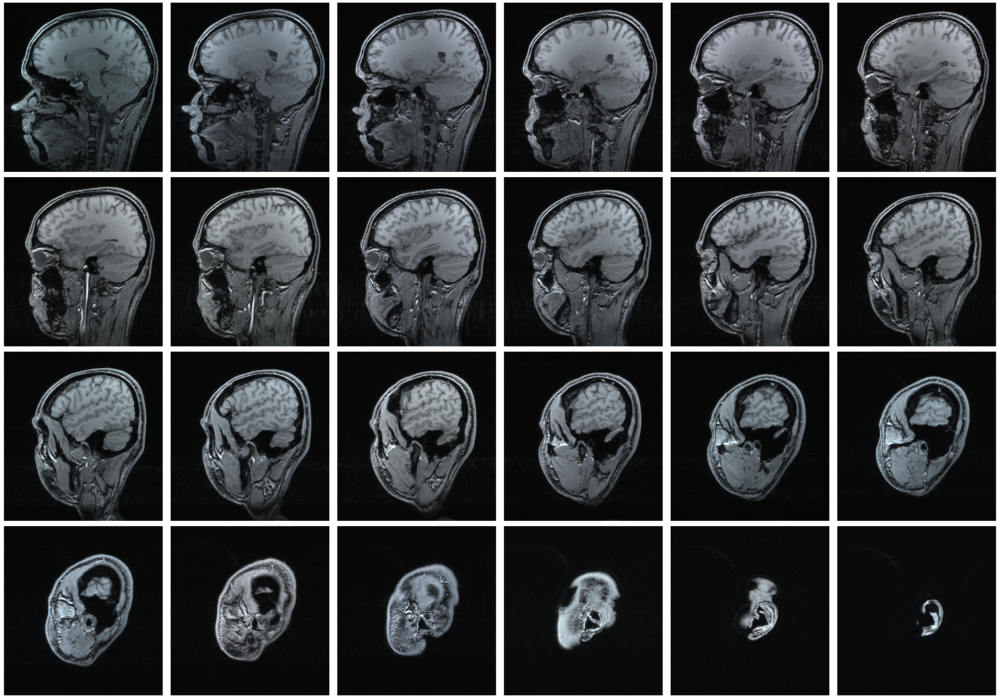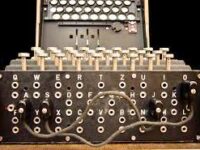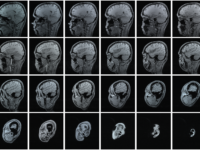Magnetic resonance imaging (MRI) technology has greatly accelerated advancements in the medical field. Today, MRI machines are a staple in hospitals across the world. The machines use a magnetic field and radio waves to produce anatomical images. They provide doctors with the ability to see abnormalities or defects in certain body parts. MRI machines are more powerful than ever before. They have stronger magnetic fields and clearer, more accurate images than just ten years ago. However, anyone who has experienced an MRI scan knows that the process is very slow and it can be uncomfortable to hold still for the duration of the scan. The scans can last anywhere between 15 and 90 minutes. Given this inconvenience, it is reasonable to wonder if it is possible to speed up MRI scans.
It turns out that AI can be used to decrease the time it takes to scan a patient. At NYU Langone Health, physician-researcher Dr. Michael P. Recht is leading a project called fastMRI to create a model that speeds up the rate of MRI scans. His group theorizes that by using AI, the scan could take in less data and still be able to create the same quality image as a standard MRI image. Recht tested images from 108 patients: a set of classic MRI knee images and a set of fastMRI knee images and asked radiologists to read them (checking for abnormalities or defects) without telling them which one was which. The researchers found that the radiologists arrived at the same diagnoses using both images and even agreed that the fastMRI images were of better quality. Normally, with MRI technology, it’s a constant war between upping image quality or speed, but fastMRI seems to have the whole package.
The scans can last anywhere between 15 and 90 minutes.
How exactly does the fastMRI work? The fastMRI technology uses a type of artificial intelligence called neural networks. Neural networks mimic the human brain when making decisions. It takes inputs and applies quantitative representations of importance to each. It then uses the inputs and their importance to make decisions. The NYU researchers used a neural network, trained it on a large set of images, and had the machine reconstruct the image. Because of the ability to reconstruct the image, only a quarter of the image data was needed, and thus, completed the scan in a faster time. The AI machine learned the pertinent details of the images and automatically removed the noise that makes up standard MRI images. Thus, it comes up with a cleaner version of the knee.
Normally, with MRI technology, it’s a constant war between upping image quality or speed, but fastMRI seems to have the whole package.
The one challenge that the researchers are facing right now is standardization. It is difficult to get the same results multiple times in a row and to reproduce the work with the same accuracy. Therefore, new researchers are taking advantage of the fact that all the research and datasets are publicly available online and attempting to reproduce the work in their own AI models. In the future, researchers at NYU are looking to confirm that this technology works for organ imaging too. Perhaps the most significant use of MRI technology is the scanning of the brain, and it would make a significant impact if this research can be implemented in this area.
The potential for using AI in MRI technology in clinical practice is boundless. Patients can be diagnosed faster and with less effort on the doctor’s end. The scan time could be cut down to as short as 5 minutes. Meta AI, which is partnered with NYU on this research project, has been providing consistent updates on its blog. According to Meta, if all goes well, fastMRI could begin “allowing doctors to use MRIs in place of X-rays and CT scans for some cases” reducing the necessity for radiation exposure.
Sources:
American Journal of Roentgenology (2020). DOI: 10.2214/AJR.20.23313
https://hai.stanford.edu/news/can-ai-create-faster-more-reliable-mri-scans
Blind test shows AI-enhanced MRI scans are just as good but 4 times faster
How AI Is Accelerating MRI Scans


